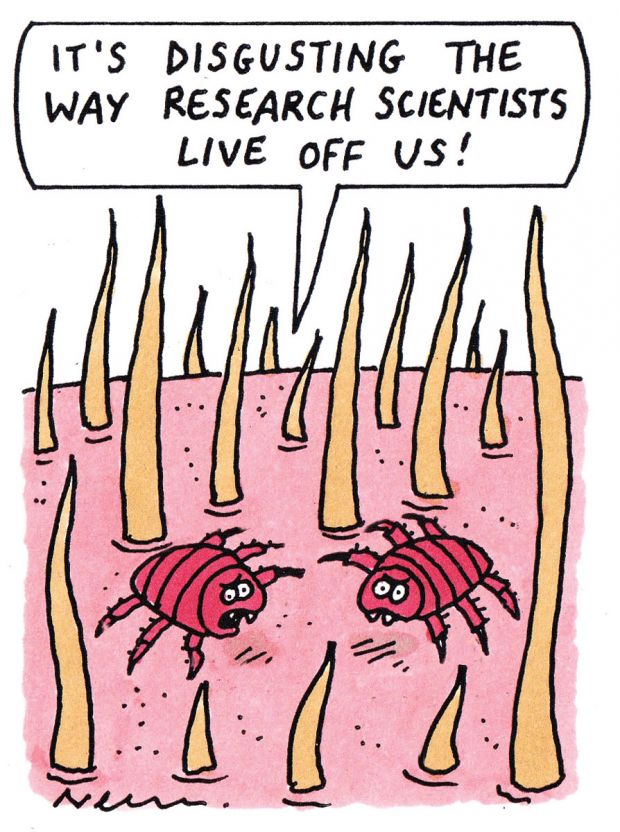
- Marina Warner may have railed against the “culture of obedience and deference” in UK universities, but she will soon be the one kneeling before authority. The award-winning scholar, who resigned from the University of Essex in protest against a management style that she likened to communist China, was appointed a dame in the New Year Honours. There was also a knighthood for Nigel Thrift, vice-chancellor of the University of Warwick, proving that a turbulent year that included the suspension then reinstatement of English professor Thomas Docherty was no bar to recognition. Others anointed “Sir” included Richard Barnett, vice-chancellor of the University of Ulster, and Martyn Poliakoff, the University of Nottingham chemistry professor renowned for his science-related YouTube videos. Among the newly appointed dames were Carol Ann Duffy, the poet laureate and professor of contemporary poetry at Manchester Metropolitan University, and Anne Mills, deputy director of the London School of Hygiene and Tropical Medicine, University of London. Meanwhile, Martin Bean, until recently vice-chancellor of The Open University; Paul Webley, director of Soas, University of London; and Ruth Farwell, outgoing head of Bucks New University, were appointed CBE.
- After a year of high-profile exits for vice-chancellors, we did not have to wait long for 2015’s first departure. Michael Scott wasted no time in keeping his pledge to step down as head of Glyndwr University “at some point” in the new calendar year, leaving his post with immediate effect on 1 January. A statement from the chancellor, Sir Jon Shortridge, said that Professor Scott had been granted leave of absence until he formally retires on 31 March. Glyndwr must hope that his successor can act swiftly, too – for topping the to-do list are the not insignificant tasks of sorting out the university’s finances and protecting its recently returned licence to recruit internationally.
- Bloodsucking parasites are feeding off a scientist’s groundbreaking research. That’s not a story about v-cs getting bonuses for research excellence framework results, but the tale of Regine Gries, a biologist at Simon Fraser University in British Columbia who has offered her arms as food to more than 1,000 bedbugs every week for five years. The Times reported on 31 December that she and her husband find in their resulting research that “the compound histamine combined with a blend of pheromones are the crucial ingredients that make human skin appealing to bedbugs”. Working with a Canadian company, they hope to develop a “bait” to trap bedbugs that will be ready next year to help tackle the problem of the creatures becoming increasingly resistant to pesticides.
- Theresa May, the home secretary, had to defend her plans to compel overseas students to leave the UK after graduation when Sir James Dyson criticised them as “a short-term vote winner that leads to long-term economic decline”. The article by inventor and entrepreneur Sir James appeared in The Guardian on 5 January, and Ms May responded in the House of Commons the next day. Without action, she told MPs, “there would be an estimated 600,000 non-EU overseas students coming to Britain each year by the 2020s”, the newspaper reported. Is there not some common ground? Dyson’s bagless vacuum cleaners use centrifugal force to throw particles out of the airflow on to the wall of the container, from which they can fall into a bin. Could Ms May adapt this technology to deport overseas students?
- Aimhigher, a national collaborative outreach programme aimed at encouraging people from disadvantaged backgrounds to enter higher education, was scrapped in 2011 as part of the government’s cuts. On 8 January, the creation of the National Networks for Collaborative Outreach (NNCO) was set to be announced. The bold move sounds like, well, a national collaborative outreach programme aimed at encouraging people from disadvantaged backgrounds to enter higher education. The Higher Education Funding Council for England said that the scheme will involve more than 200 higher education institutions and reach 4,300 secondary schools and colleges, through 35 local networks covering England. One distinction from Aimhigher is in the funding – £22 million for the NNCO compared with £78 million for Aimhigher in its final year.
Register to continue
Why register?
- Registration is free and only takes a moment
- Once registered, you can read 3 articles a month
- Sign up for our newsletter
Subscribe
Or subscribe for unlimited access to:
- Unlimited access to news, views, insights & reviews
- Digital editions
- Digital access to THE’s university and college rankings analysis
Already registered or a current subscriber?
Please or to read this article.
